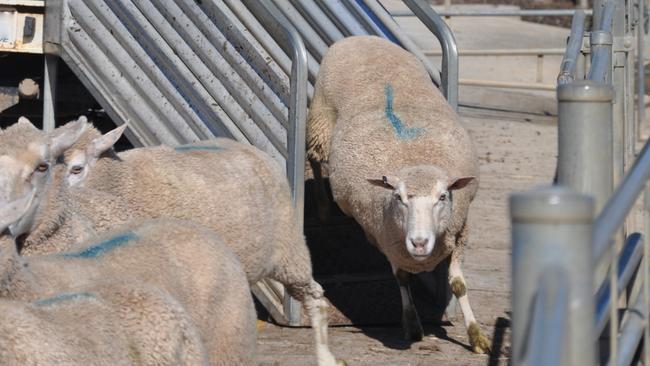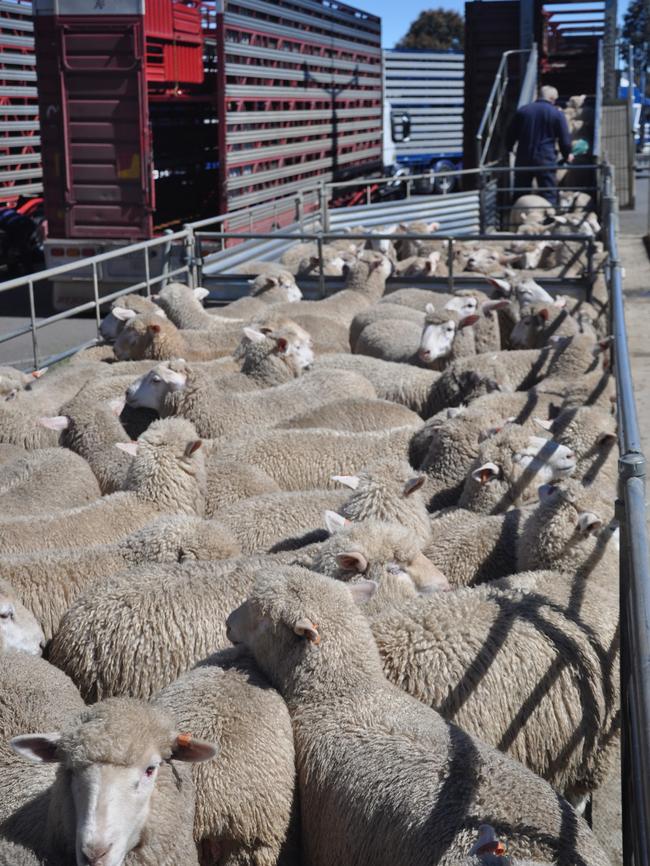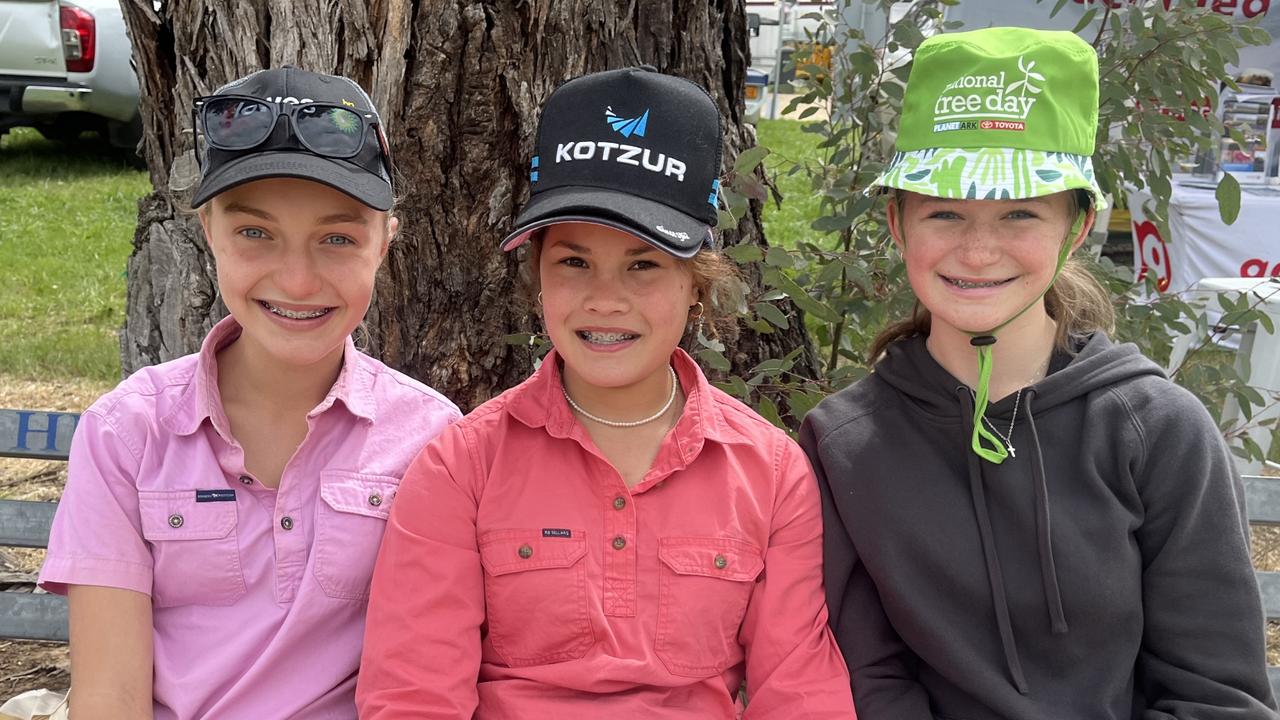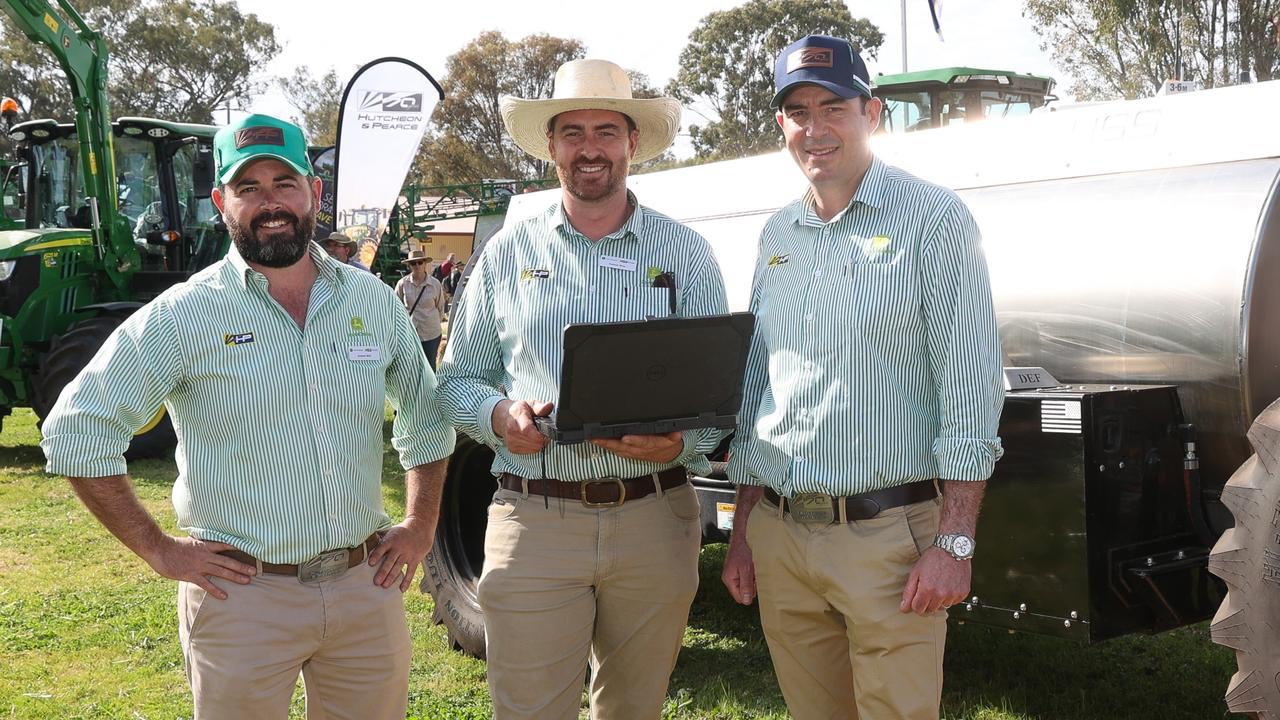DPI reminding farmers about livestock transportation regulations
SHEEP and beef producers will be reminded about the laws surrounding livestock transportation at the Elmore Field Days.

SHEEP and beef producers will be reminded about the laws surrounding livestock transportation in a presentation by Rachel Holmes, from the Bendigo Department of Primary Industries, at the field days.
Dr Holmes will speak about legislative obligations, duty of care, land transport standards and fit-to-load standards for carting animals to and from properties.
She said it was a topic farmers knew about but needed to be refreshed on.

“I’ve done a lot of work with our local saleyards here and also the local transporters through a series of talks, and I thought the next step would be engaging with the farming community,” Dr Holmes said.
“Everyone in the chain has a responsibility right through to the abattoirs.”
Fit-to-load standards are part of Land Transport Standards, which assess the health and safety of cattle due to be sold at public saleyards.
Dr Holmes said most people did the right thing
“It is about if the animal is strong enough to make the intended journey, if it can walk normally, if it is suffering from any disease or injury and if it is in late pregnancy,” she said. “They should all know about fit to load and their responsibilities but we still see livestock turn up at saleyards that shouldn’t be taken off farm.
“It comes down to if the animal will make the intended journey.”
Dr Holmes said everyone involved in meat production should make sure these standards are followed.
“Everyone in the chain has a responsibility right through to the abattoirs,” she said.
“I’ve done some work with the transporters so, if we get back to the farmer and stop the unfit animals from being presented, then that nips it in the bud pretty quickly.
Dr Holmes said most offenders did so to make money from a likely cull.
If caught, saleyard superintendents had the power under the Animal Cruelty Act to destroy animals and severe cruelty cases could be further investigated, she said.


